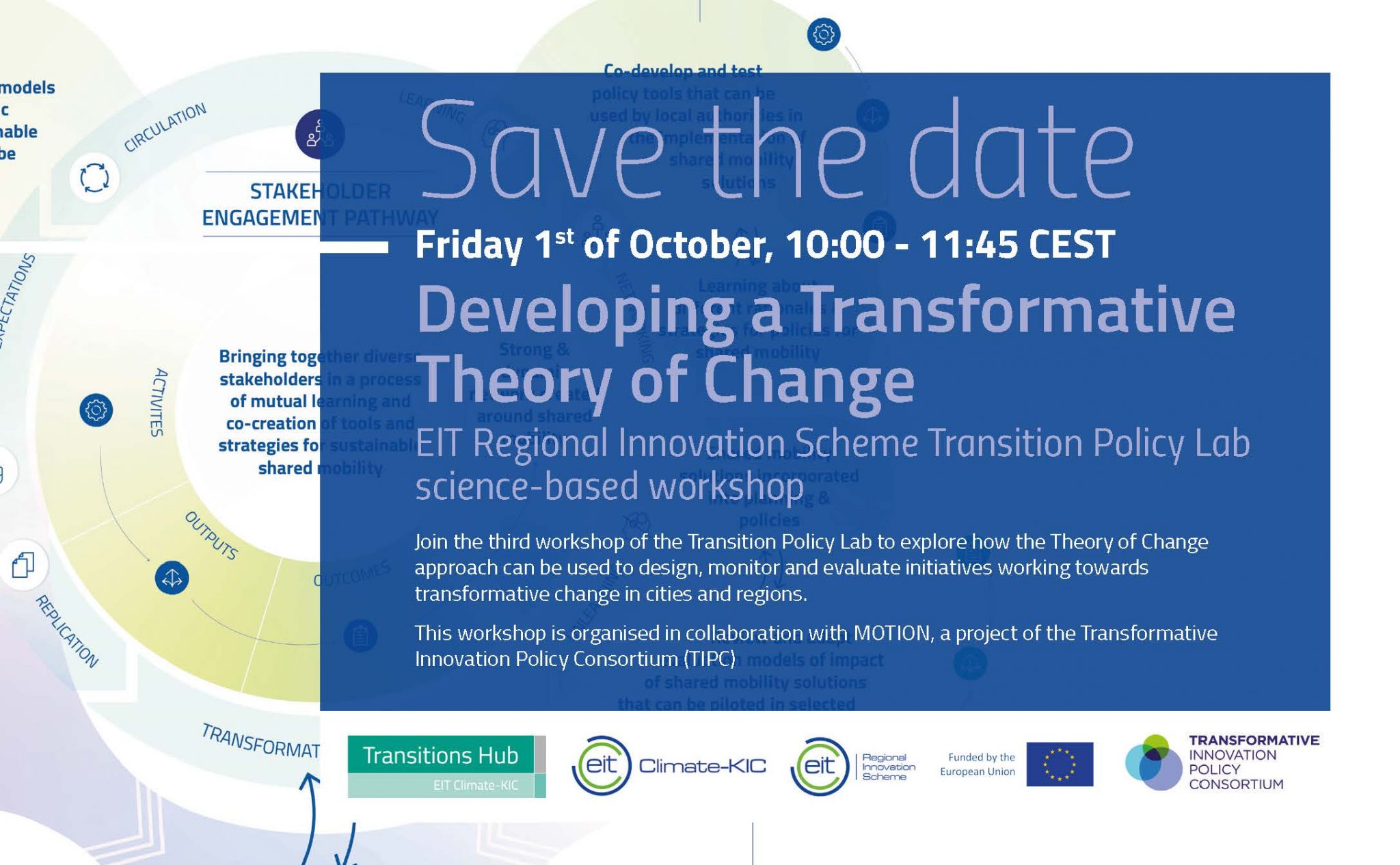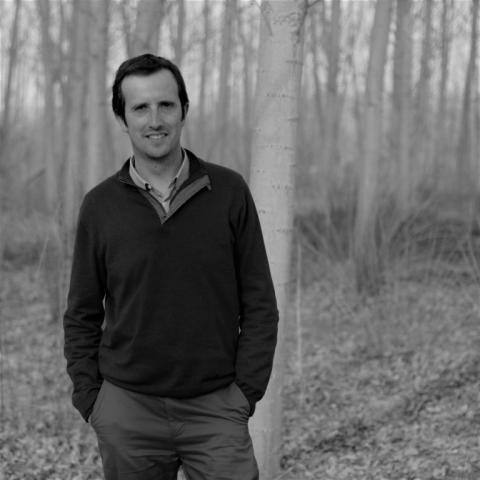This Friday, Pablo Fernández Méndez, INGENIO (CSIC-UPV)'s researcher, will participate as speaker in Climate-KIC's workshop: "Developing a Transformative Theory of Change". The event will be at 10:00.
In this workshop, Climate KIC's team will teach when, how and why to use a Transformative Theory of Change by looking at real-life cases from EIT Climate-KIC’s projects SATURN, ACT on NBS and SuSMo. This is a tool that can help you design, implement, and evaluate projects aimed at transformative system change. The tool combines the Theory of Change methodology with the Multi-Level Perspective (MLP) as a way to map and understand changes enabled by a project or program. It can be used to facilitate a co-creation process among societal stakeholders invested in sustainability, connecting innovation with societal challenges through the effective delivery of knowledge services.
Anastasia Nikologianni, Research Fellow from Birmingham City University and member of SATURN Project; Caetano Penna, Senior Research Fellow of Utrecht University; Carla Alvial, Research Fellow of Utrecht University and Cristian Matti, Head of Strategic Research at EIT Climate-Kic, will also be speakers of this workshop. Annalisa Spalazzi, Regional Innovation Scheme Programme Manager will moderate the session.
About Pablo F. Méndez
Pablo is an environmental scientist focusing on the study of patterns, interactions and feedbacks between human societies and nature. His aim is to contribute to our current understanding of the evolution of the conditions necessary for human cooperation to attain more equitable and sustainable opportunities and outcomes in social-ecological systems (SES). The latter constitutes an object of study of the Earth System that addresses specific relationships and problems among socioeconomic, institutional, natural resources and ecological components.
He also enjoys working in the resolution of complex problems with other people, in systems thinking mode. When in a consultancy capacity, his role is an analyst applying research-based ways for improving policy and decision making under uncertainty in different sectors: natural resources; nature conservation; ecosystem management; environmental, coastal and urban planning; biodiversity; fisheries; tourism; and emergency aid. He also has experience in facilitating and organising (individually or collaboratively) social interaction in meetings and workshops, sometimes in conflictive or competitive situations.

